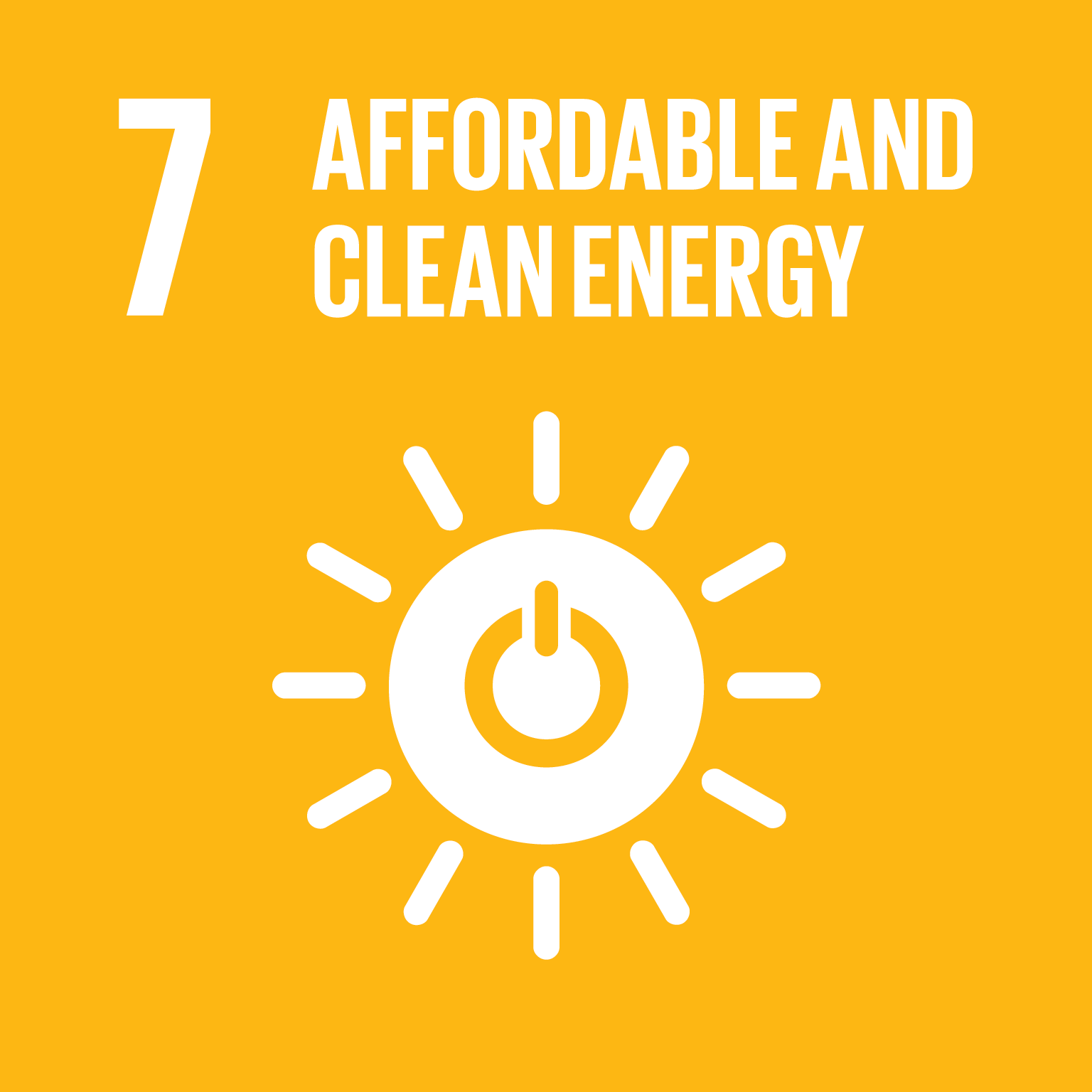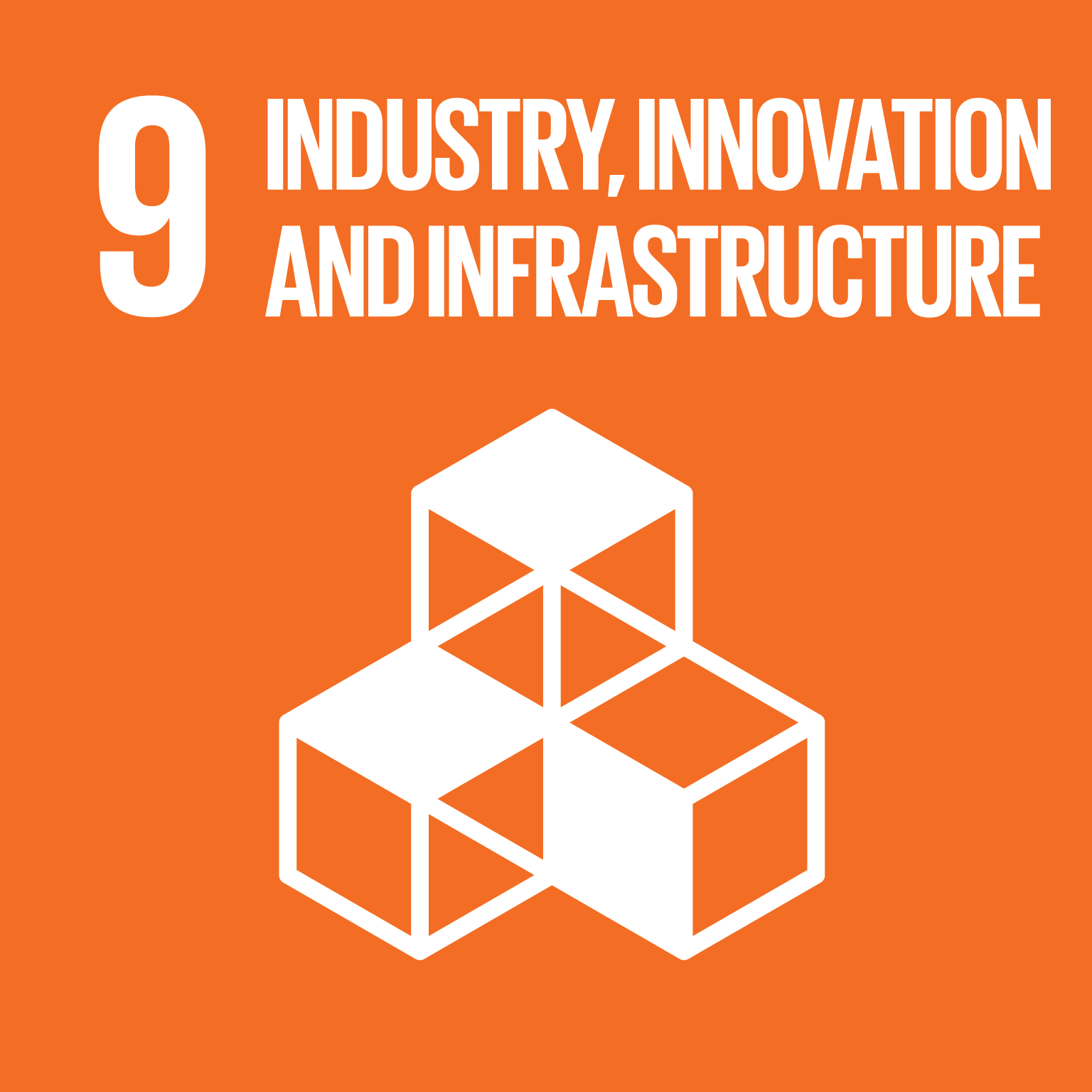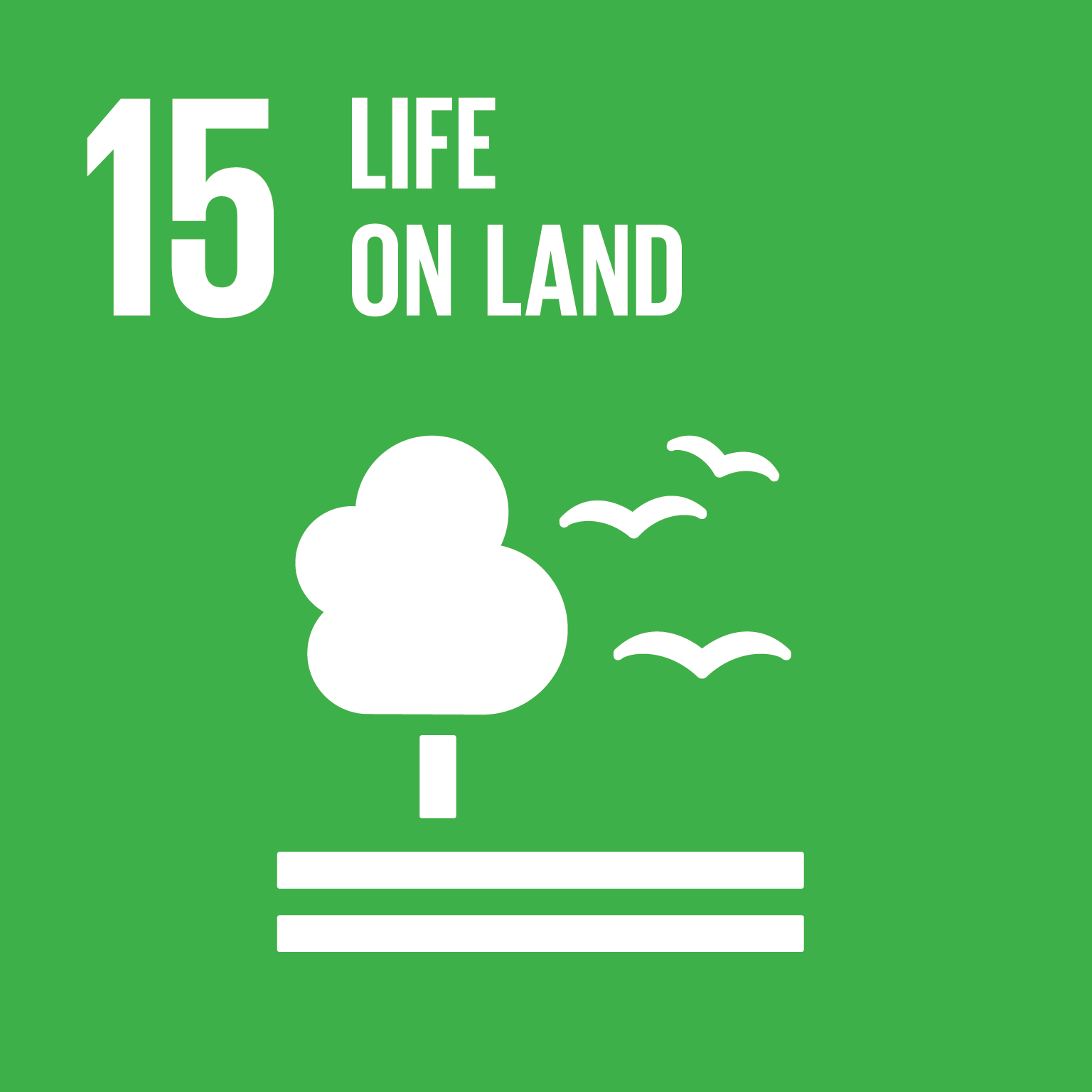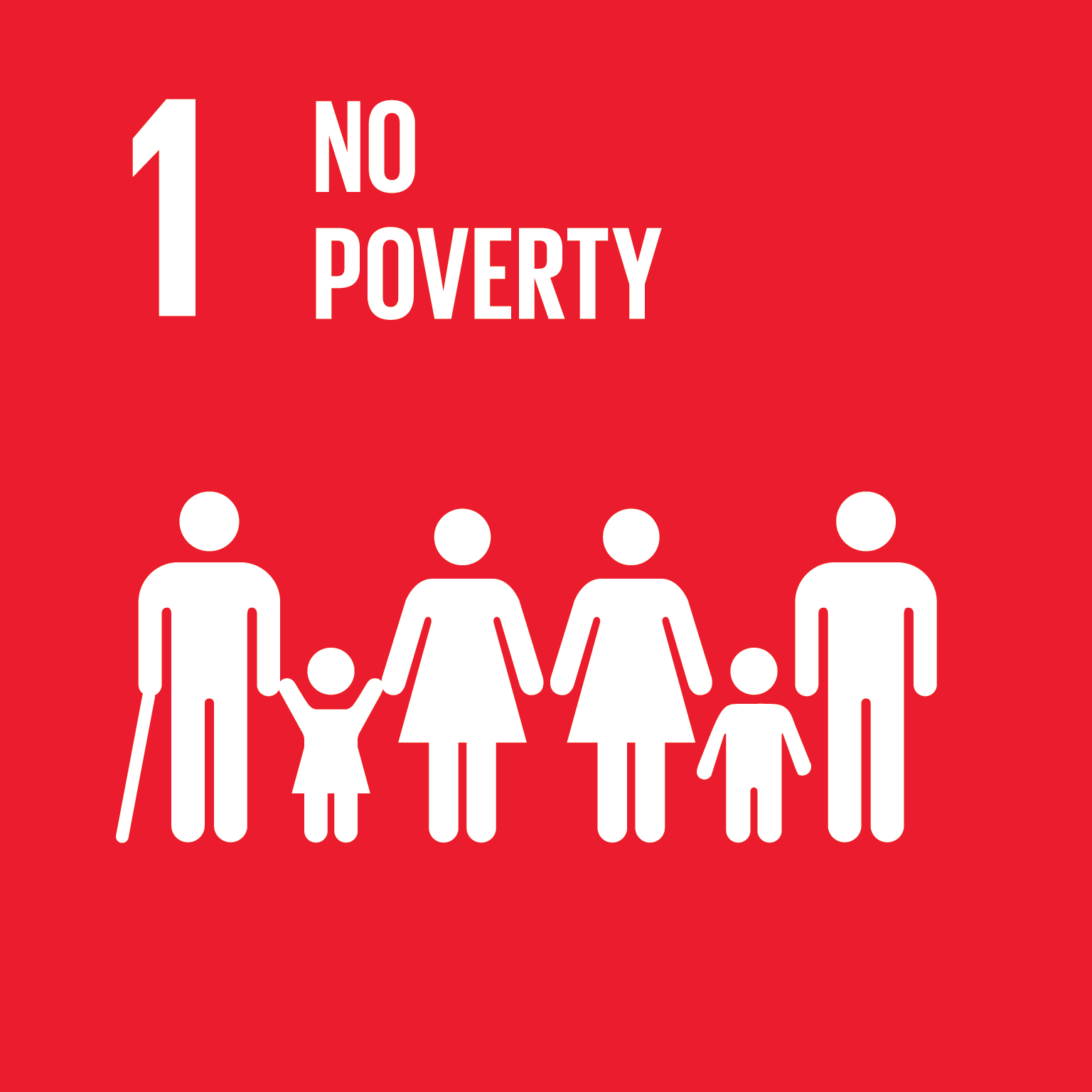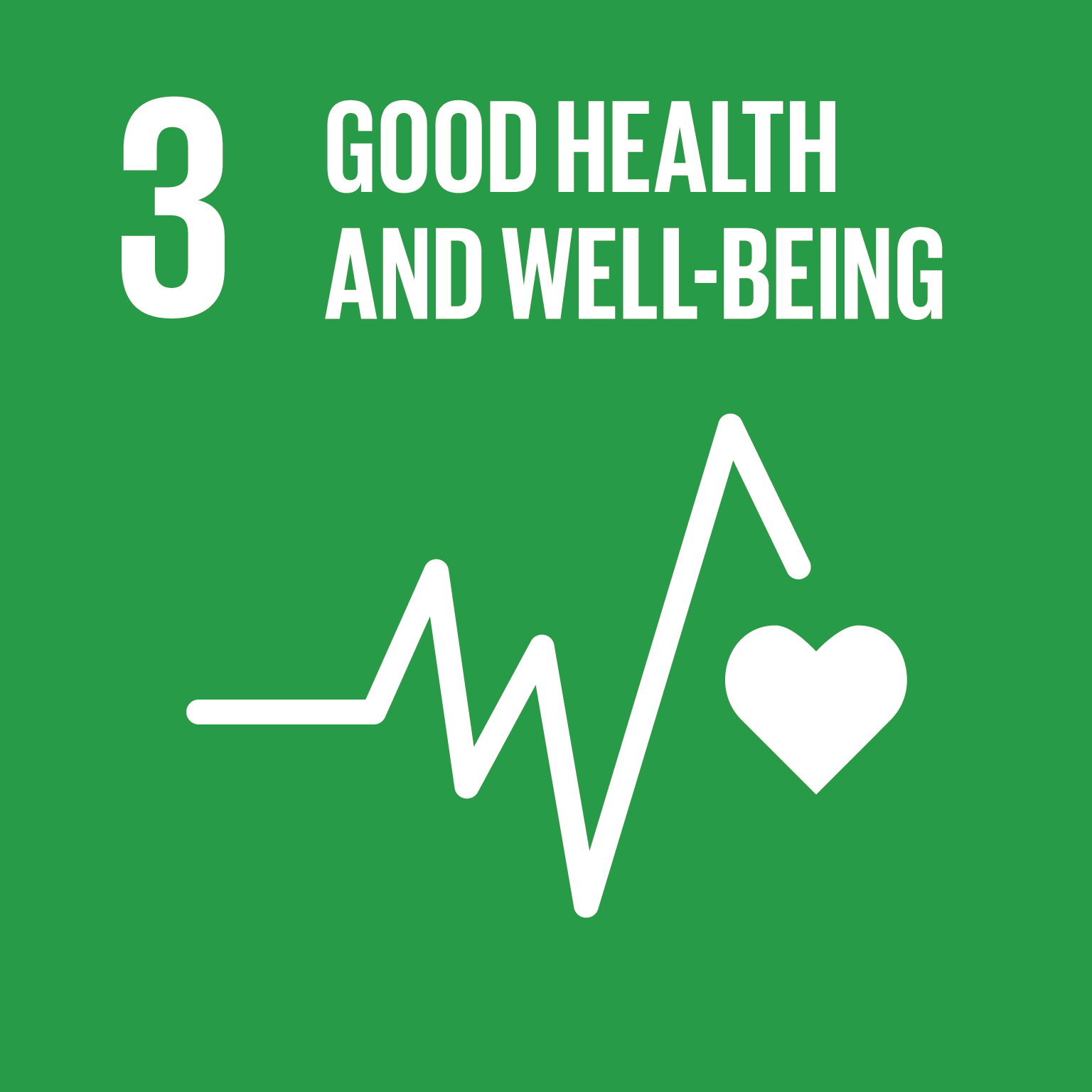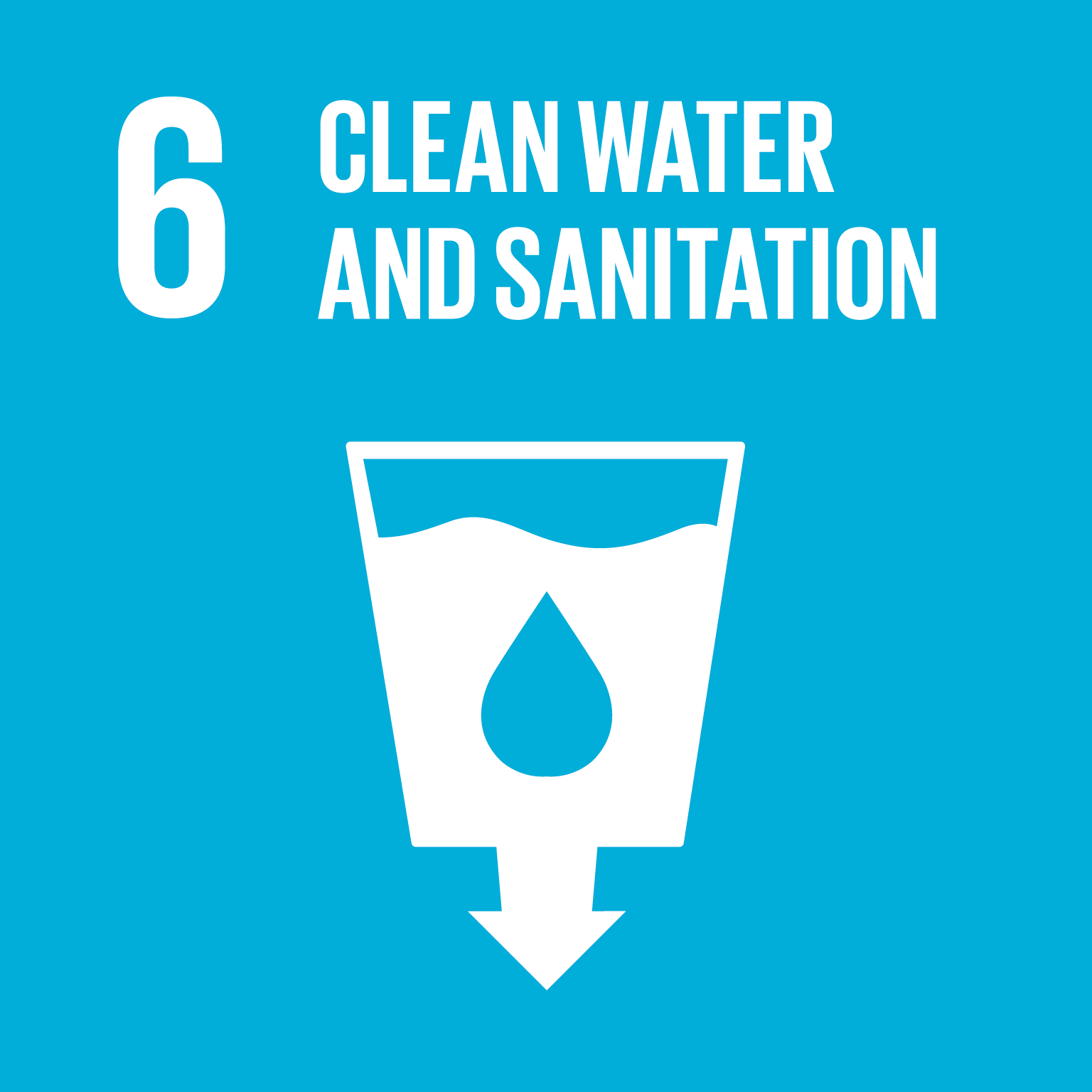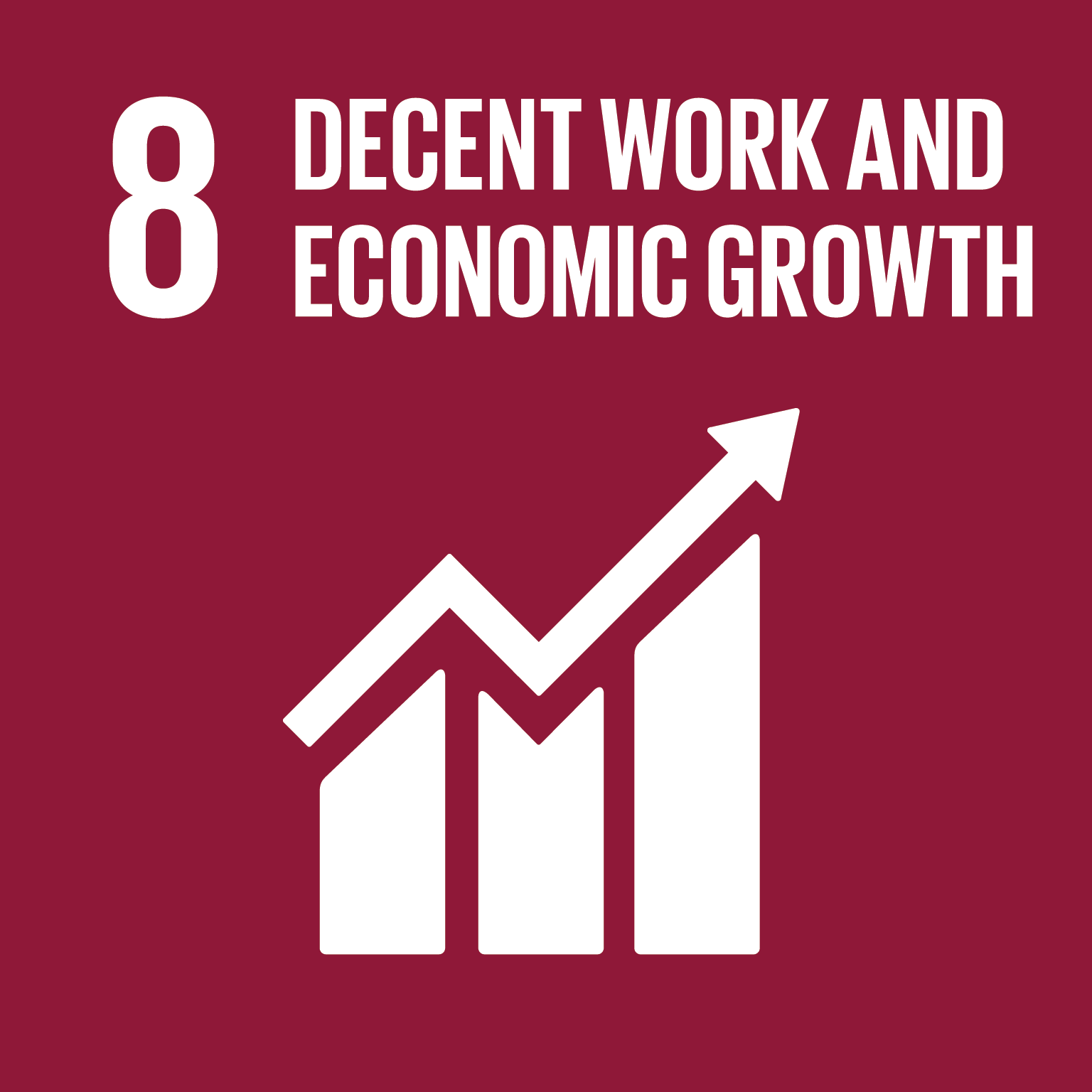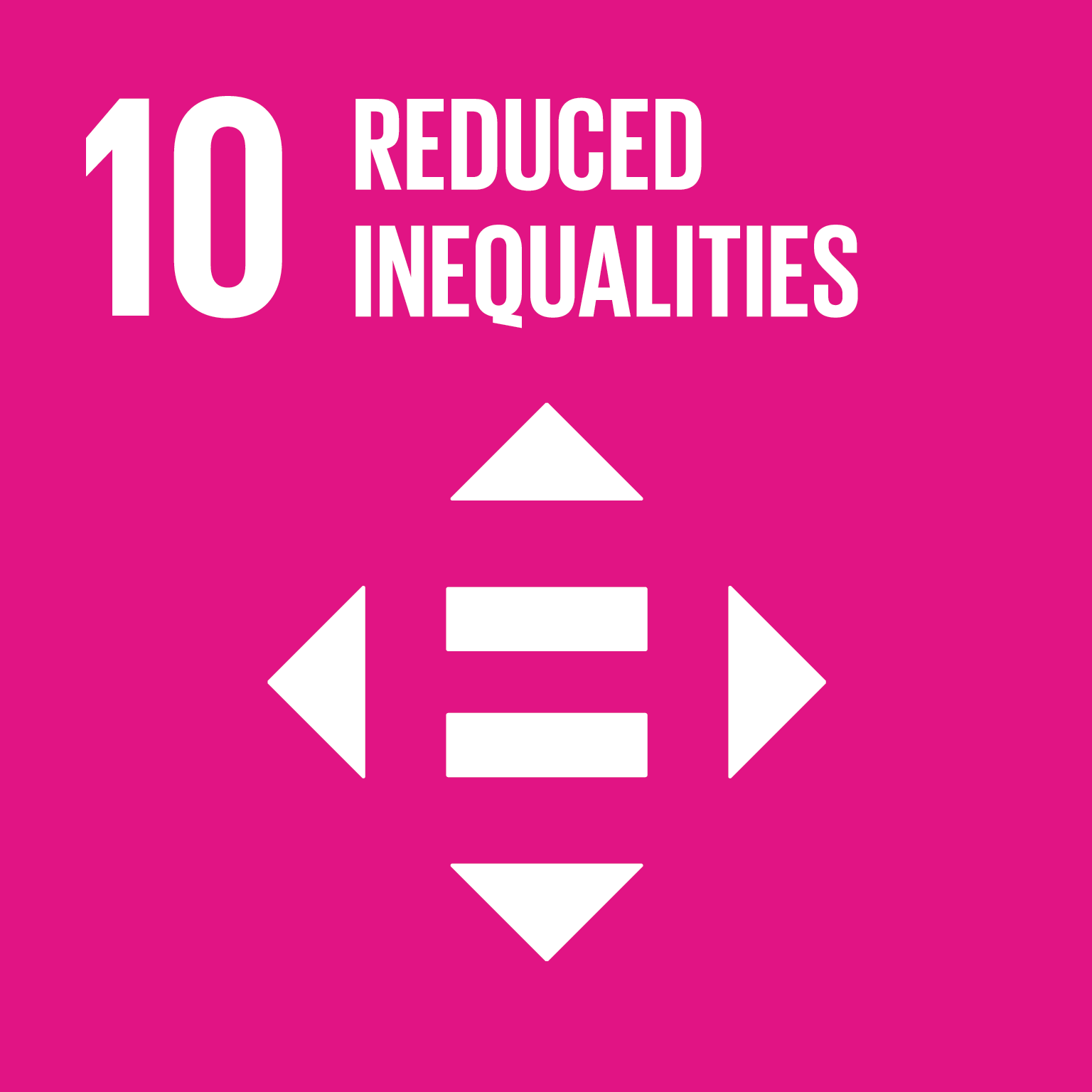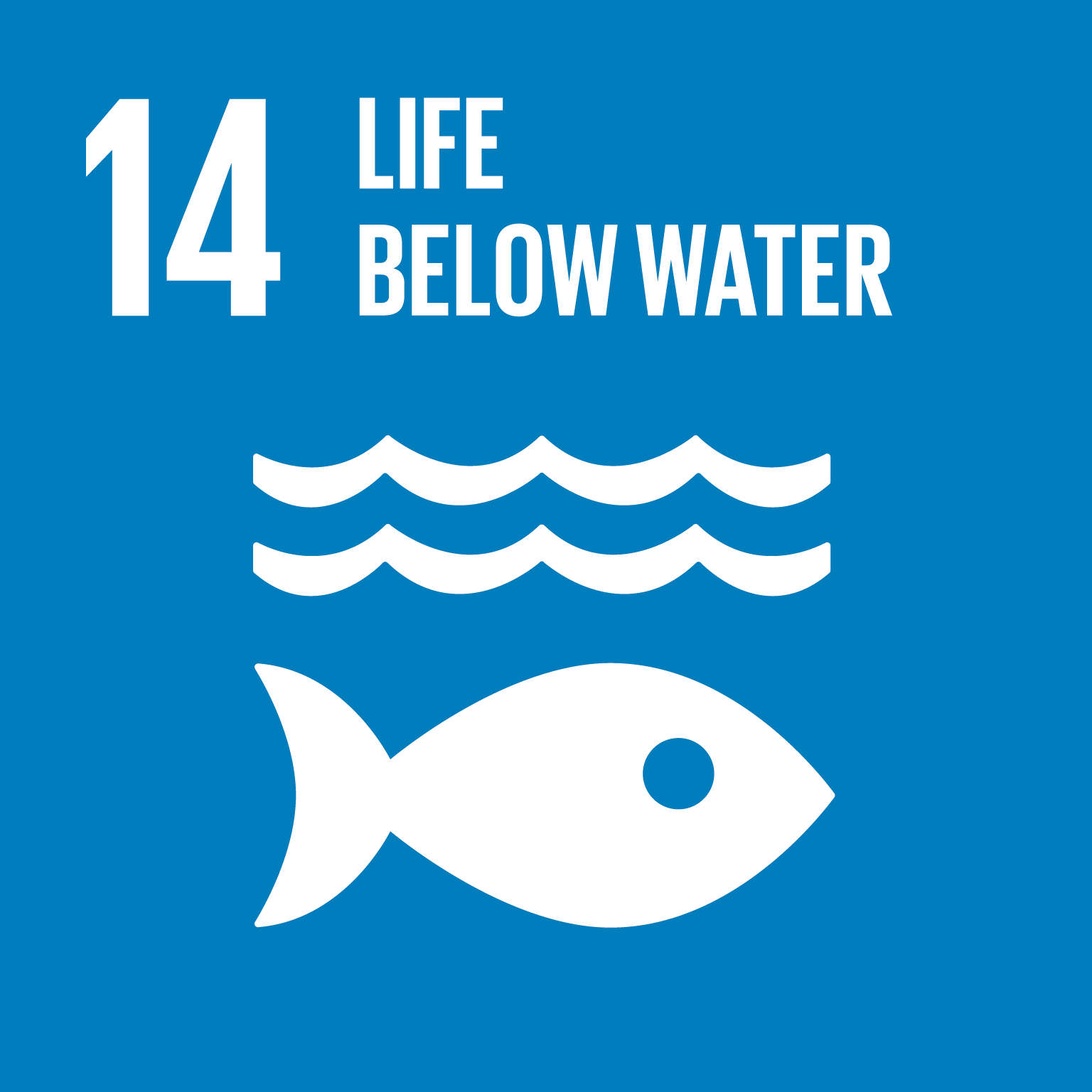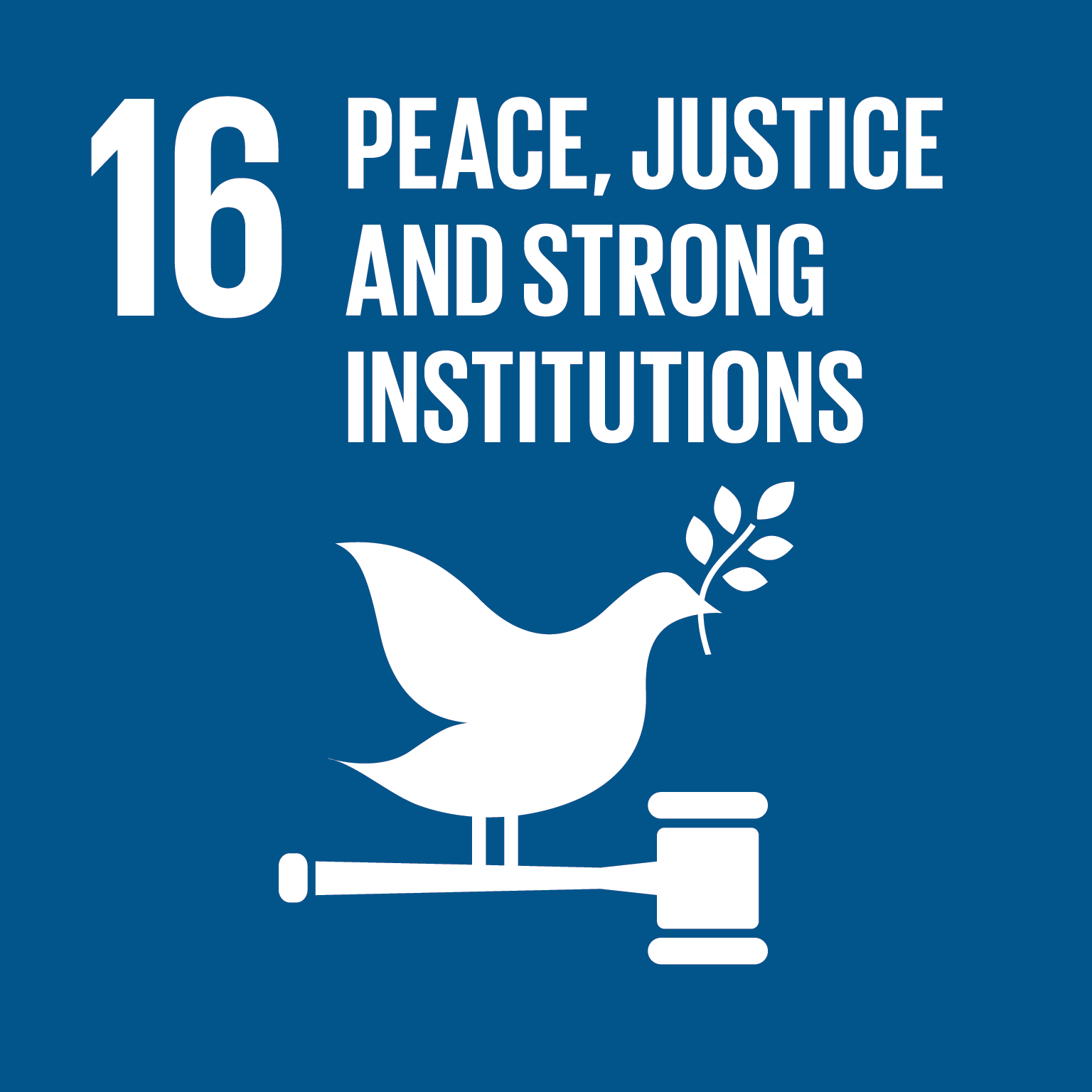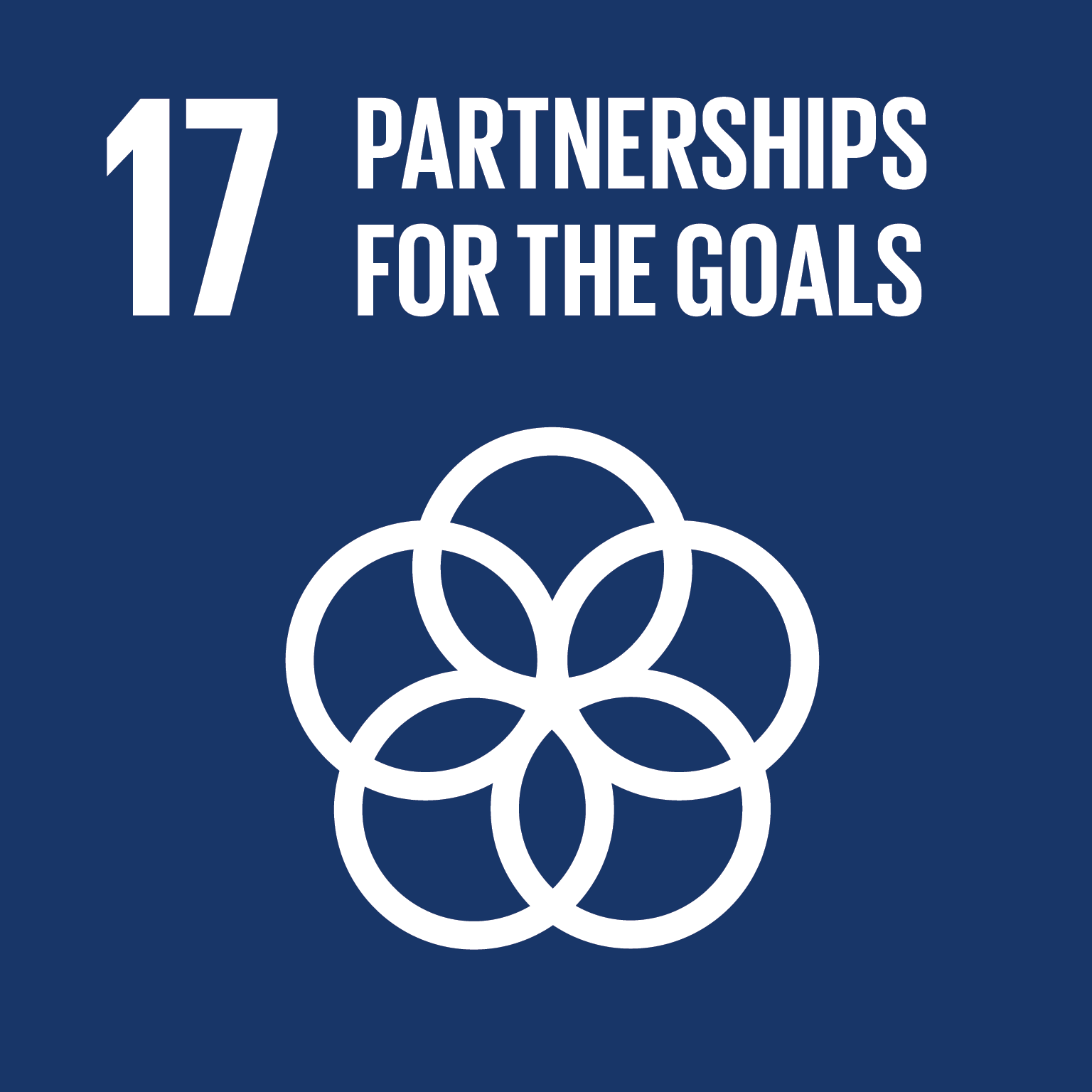Overview
Libya’s second Voluntary National Review (VNR), submitted in July 2024, builds on its first review in 2020 to assess progress across all 17 Sustainable Development Goals (SDGs) under Agenda 2030. Led by the Ministry of Planning for Sustainable Development, the review process was strengthened through the reconstitution of the National SDG Committee at a higher level (Ministerial Decision No. 281/2023) to ensure cross-sectoral coordination. An executive preparation plan, approved by the Minister, established working groups for each SDG, defined a timeline, and set up monitoring mechanisms. The VNR process adopted an inclusive, multi-stakeholder approach, engaging civil society, the private sector, youth, women, parliamentarians, persons with disabilities, and oversight bodies through the Libyan Sustainable Development Forum and a series of workshops. The submitted documents reflect Libya’s strategic efforts to integrate SDG objectives into national policies and planning frameworks. At the same time, the country continues to face significant challenges, including ongoing conflict, resource constraints, and institutional capacity gaps, which have impacted progress toward many of the SDGs.
Recommendations
- Strengthen Political Stability and Security: Achieving lasting peace and holding free, fair elections are essential to unlock progress across all SDGs.
- Diversify the Economy Beyond Oil: Reduce dependence on hydrocarbons by promoting SMEs, renewable energy, and non-oil exports for resilient growth.
- Rebuild and Modernise Infrastructure: Prioritise reconstruction of damaged health, education, and utility facilities to restore essential services.
- Improve Governance and Transparency: Enhance public financial management, curb corruption, and increase disclosure to rebuild citizen trust.
- Enhance Fiscal Reform and Efficiency: Gradually reform subsidies and taxation to ensure fiscal sustainability and direct support to those most in need.
- Strengthen Institutional Capacity: Unify fragmented institutions and improve inter-ministerial coordination for coherent SDG implementation.
- Invest in Data and Statistics: Complete the national census and modernise statistical systems to enable accurate monitoring and evidence-based policy.
- Expand Climate Adaptation and Environmental Management: Accelerate afforestation, water conservation, and renewable projects to counter desertification and climate impacts.
- Promote Social Inclusion and Equity: Address regional, gender, and youth disparities through targeted employment, education, and protection programmes.
- Foster International and Regional Cooperation: Deepen engagement with UN agencies and regional partners to mobilise technical expertise and development finance.
- Strengthen Education and Health Services: Ensure consistent quality and access especially in rural and conflict-affected areas by improving staffing and infrastructure.
- Support Migration Management and Social Resilience: Develop coordinated policies with neighbours and international partners to manage migration and reduce service strain.
- Enhance SDG Data Integration and Performance Tracking: Strengthen national statistical systems to systematically measure, monitor, and report progress across all 17 SDGs and 234 performance indicators. It is highly recommended to Libya to measure SDG performance on these indicators and show case evidence in facts and figures.
Conclusion
Libya’s 2024 VNR presents a nation making determined strides toward the 2030 Agenda despite enduring conflict and institutional fragility. The report records significant achievements, including near-universal access to education (99.66% primary enrolment), health (99.8% skilled birth attendance, maternal mortality at 12 per 100,000), and energy (99.8% electrification). Targeted social protection measures such as the Economic and Social Development Fund benefiting around 230,000 families with USD 8.1 billion in support, monthly student and family grants, and marriage assistance schemes have strengthened social inclusion. Progress is also visible in water and sanitation coverage (85% with safe water, 99% with safe sanitation), environmental initiatives such as the “100 Million Trees by 2030” campaign, and renewed international cooperation through 57 global agreements. At the policy level, SDGs are now integrated into Libya’s Vision 2040 and supported by ministerial coordination mechanisms. However, persistent conflict, economic volatility driven by oil dependence, institutional fragmentation, data deficiencies, and damaged infrastructure continue to constrain progress. Overall, Libya demonstrates clear intent and policy alignment toward sustainable development, but consolidating peace, strengthening governance, rebuilding infrastructure, and diversifying the economy remain essential to transform its strategic commitments into tangible, long-term SDG outcomes.
